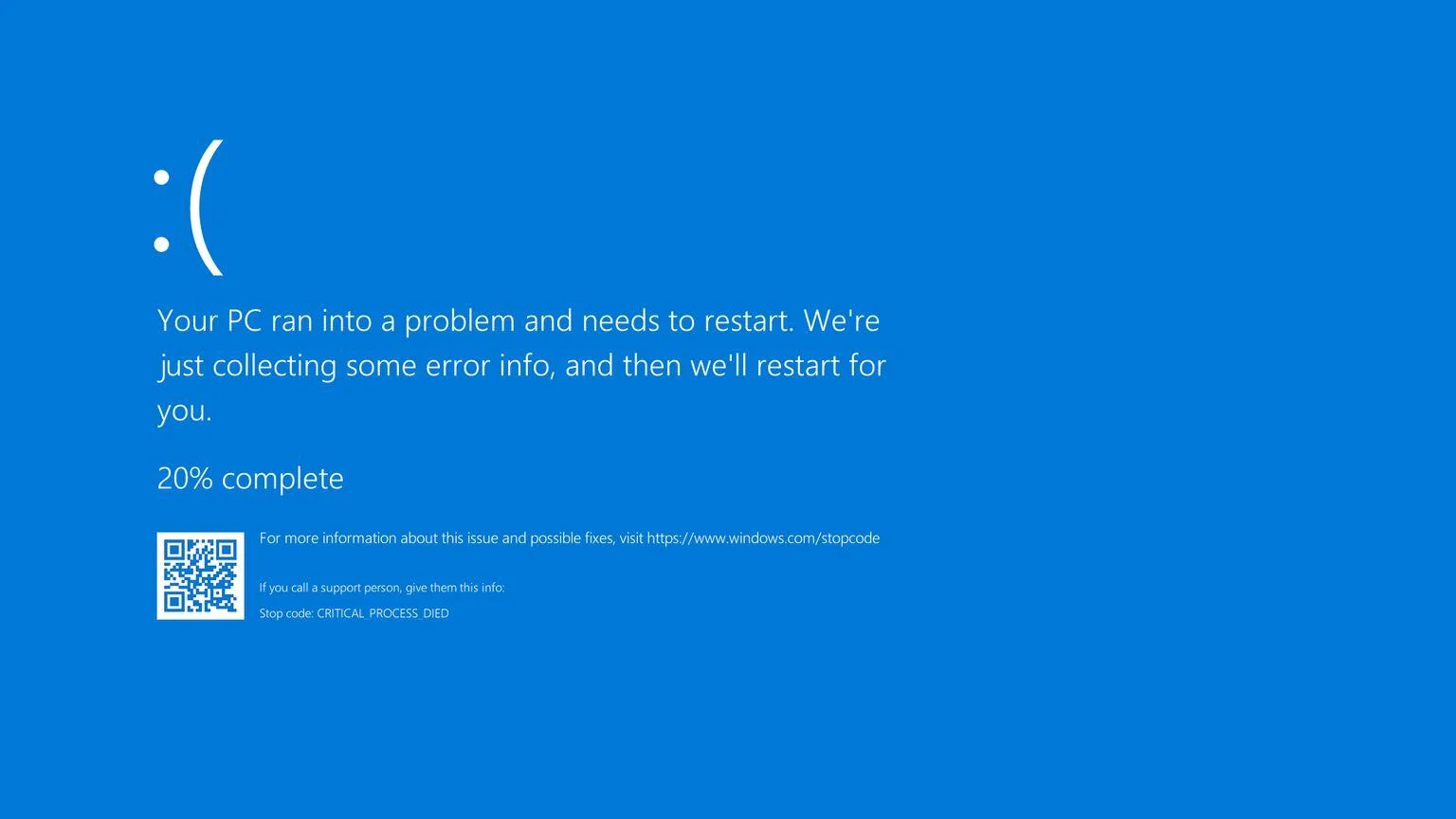Recent cybersecurity breaches in Switzerland have alarmingly highlighted significant vulnerabilities in the nation’s digital defenses. Over the past six months, two major incidents have raised concerns about the effectiveness of Switzerland’s cybersecurity strategies, particularly in relation to government agencies.
The first incident involved a data breach at the Federal Office of Police (Fedpol) and the Federal Office for Customs and Border Security (FOCBS), where sensitive information was published on the dark web. The second, a more recent occurrence, saw confidential documents from the Swiss Air Force leaked online. These breaches reveal two critical areas of concern for Switzerland’s cybersecurity posture.
The initial concern lies in the nature of these attacks. Surprisingly, neither the Air Force nor the Police were direct targets; instead, their third-party providers were compromised. This situation underscores a significant lack of due diligence in selecting and managing these providers. Globally, governments enforce stringent regulations like FedRAMP in the U.S. and CMMC for defense contractors, to mitigate such risks. It’s becoming increasingly clear that Switzerland needs to adopt similar standards to safeguard against these vulnerabilities.
Equally worrying is the origin of these attacks. They were not orchestrated by state-sponsored entities, known for their sophistication in cyber espionage and disruption. Instead, these breaches were the work of ransomware groups: Play ransomware in the case of the Police, and BlackCat for the Air Force. Although these groups are skilled, they are not on par with the capabilities of state-sponsored hackers. The ease with which these groups infiltrated critical systems is a stark warning. If Switzerland were to become the target of state-level cyber threats, the consequences could be far more severe.
In conclusion, Switzerland stands at a cybersecurity crossroads. The choice is clear: continue with a fragmented and vulnerable approach reminiscent of Swiss cheese, or evolve towards a robust, well-fortified system akin to the renown of Swiss banks. It is imperative for Switzerland to reassess and strengthen its cybersecurity strategies, not only to protect national security but to maintain trust in its digital infrastructure.








